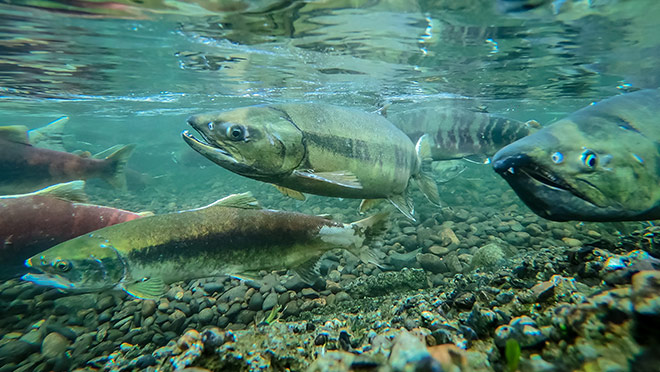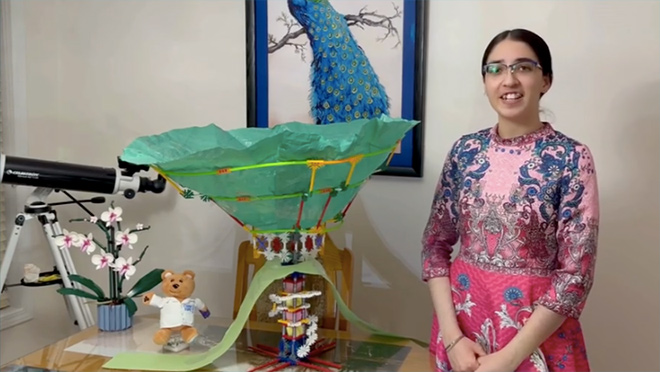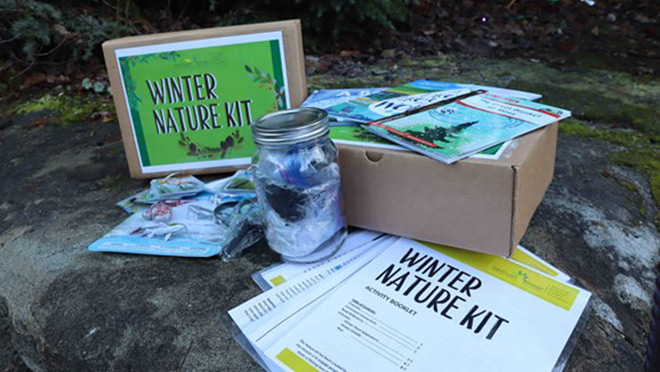Powell River Salmon Society bids to take education to the masses

BC Hydro community grant to help with educational modules for B.C. teachers
Third in a series of stories about BC Hydro community grant recipients. Applications for this year's grants are open until March 31, 2024.
No one's really done the math, but the more people know about fish, the more the fish tend to thrive.
Learning about their life cycle, and getting a chance to see fish eggs, fry (or adult fish) up close – and maybe even touching one – does wonders for their protection. And the Salmon Society of Powell River believes the place to start with education and awareness is with youth.
Most kids around Powell River know all about the salmon hatcheries the society operates to preserve salmon stocks on three local rivers, releasing nearly two million salmon fry each year. Last fall, a fry release event saw about 300 kids get a salmon fry in a cup of water and release it into the Wellington River.
But Salmon Society manager Shane Dobler and his assistant Phil Nakatsu want to expand that reach. That's why they applied last year for one of our community grants, landing funds to help them help develop web-based educational materials that tap into the likes of live web streams of fish hatching.
We offer community grants of $2,000 to $10,000 to B.C. non-profits and registered charities who successfully apply for funding for new programs or the expansion of existing programs. To qualify, a group's program must align with one of three focus areas: building a STEM workforce of tomorrow, safety education, or developing a clean and sustainable future.
Last year, 90 B.C. groups received grants.
'We had enough water, and still had fish'
The society's goal is to educate youth on fish habitats and the importance of protecting their natural environment, about the life cycle, forest ecology, riparian vegetation, and links to climate change. It's also about providing hope that our fight to save salmon isn't lost.
"There were a lot of negative stories last year because of the low water levels in some B.C. rivers where salmon spawn," says Dobler. "The message was 'no water, no fish'. But that wasn't our story here in Powell River. We had enough water, and still had fish. You can't guarantee fish numbers every year, but because of our relationship with our municipality, our community forest, the way the water is managed, the way the forest managed, we had water."
That support is enhanced by education that puts public pressure on local authorities to protect waterways in a variety of ways. It also helps recruit volunteers and produce donations for not just the Powell River Salmon Society, but salmon protection societies across B.C. On Wild Salmon Day in B.C. last year, the B.C. government announced it would provide more than $17 million for wild salmon restoration in B.C., with the bulk of funding split between the Pacific Salmon Foundation and the First Nations Fisheries Council.
But those are the big players. Organizations such as the Powell River Salmon Society, which has relied heavily on volunteers over its 40 years of existence, need help and support day to day. Dobler says that with more than 100 active volunteers, the charitable society spends a lot time training people in ways they can help.
"When people feel like they belong to something, they tend to contribute to it over a period of time," he says. "What means the most to us is when people come back, you know. We have an 80-year-old gentlemen that has been volunteering for 20 years. He comes in and feeds the fish on the weekends, and he's emphatically thankful to be helping. How can it get better than that!"

